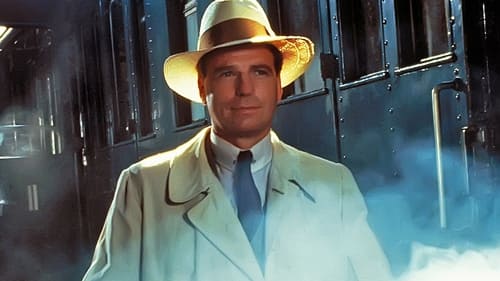
Editor

Editor

Editor
In the conclusion of Axel Corti's trilogy (following God Does Not Believe In Us Anymore and Santa Fe) Freddy, a Viennese Jew who emigrated to New York after Hitler's invasion, and Adler, a left-wing intellectual originally from Berlin, return to Austria in 1944 as soldiers in the U.S. Army. Freddy falls in love with the daughter of a Nazi, and Adler attempts to go over to the Communist Zone. But with the advent of the Cold War and continuing anti-semitism, the idealism of both characters is shattered as they find themselves surrounded by cynicism, opportunism, and universal self-deception. This acclaimed, brilliant work is one of the great films of all time.

Editor
In October 1936, a high official in the Austrian government receives a letter from a German Jewish woman with whom he had an affair in 1925 asking him to help place an 11-year-old, half Jewish boy in a good Austrian school. Is the child his? Should he help? And above all should he help now, at a time when Nazis are becoming powerful in Austria?

Editor
Chemist Michael Brandt travels to Western Australia on behalf of a great German company. Pretending to be a private investor he purchases industrial real estate for a pesticide factory - chemicals which have long been on the forbidden list in Europe and in the U.S. but make huge profit on sales in Third World Countries.

Editor
After his father is murdered by the Nazis in 1938, a young Viennese Jew named Ferry Tobler flees to Prague, where he joins forces with another expatriate and a sympathetic Czech relief worker. Together with other Jewish refugees, the three make their way to Paris, and, after spending time in a French prison camp, eventually escape to Marseille, from where they hope to sail to a safe port

Editor
This bizarre comedy demonstrates - as a convincing example - how TV-commercials may be produced, sacrificing extensive amounts of money, bottomless creativity and even human life without any respect right to the finish.

Editor



